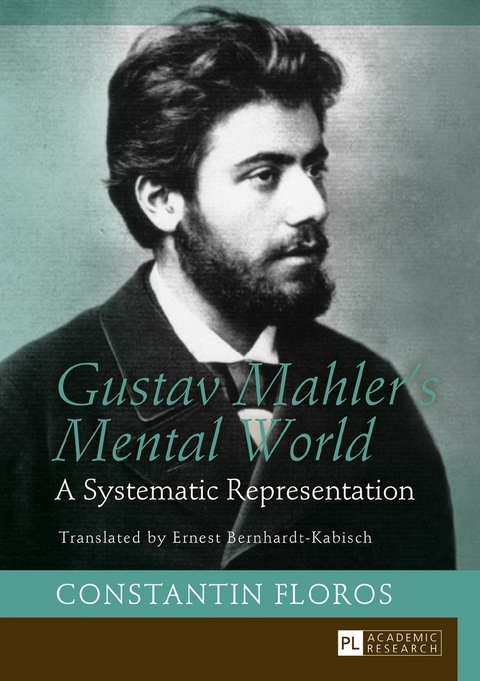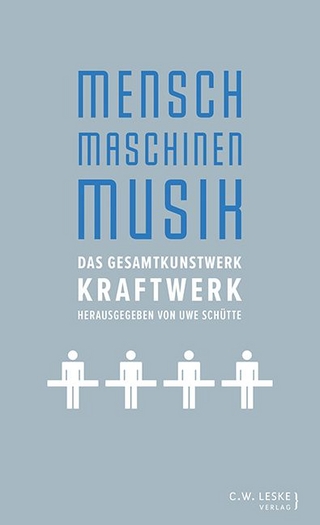
Gustav Mahler’s Mental World
Peter Lang Gmbh, Internationaler Verlag Der Wissenschaften
978-3-631-66764-4 (ISBN)
lt;p>With his extensive three-volume investigation, the author has newly drawn the image of Gustav Mahler for our time. Should Mahler's symphonies really be categorized as «absolute music»? - Little-known manuscript sources contain significant hints to the contrary: programmatic titles and catchwords or phrases, mottos, literary allusions, associations, sighs, exclamations. Mahler fully understood his symphonies as «erlebte Musik», music of experience, as autobiography in notes, and as expressions of his «weltanschauung». All the symphonies, including the purely instrumental ones, can be traced back to programs that Mahler originally made public, but suppressed later on. A knowledge of the programmatic ideas provides access to a hitherto barely sensed interior metaphysical world that is of crucial importance for an adequate interpretation of the works. This first volume uncovers the complexity of relations between Mahler's wide-ranging reading and education, his aesthetics and his symphonic creation.
About the German edition of this book:
«One of the most thoroughgoing and comprehensive investigations of Gustav Mahler's work and world to date.»
(Norddeutscher Rundfunk)
«The way in which Mahler's literary background, his education, and his aesthetic and philosophical maxims are presented here indeed opens up a new approach.»
(Die Musikforschung)
Constantin Floros is professor emeritus of musicology at the University of Hamburg. He has published several volumes about Gustav Mahler. In recognition of his many years of researching, the International Mahler Society awarded him the Mahler Medal in gold in March of 2010. Ernest Bernhardt-Kabisch is professor emeritus of English and Comparative Literature at Indiana University, Bloomington (IND). He has translated several books by Constantin Floros.
lt;p>A false Doctrin: The View of Mahler's Symphonies as Absolute Music - Mahler's Symphonies as Esoteric Program Music - The Poet-Composer - Literary Passion - Theories on the Jewish Element in Mahler's Music - The Jewish Trauma and the Ahasverus Complex - Religious-Philosophical Persuasions - Turn toward metaphysics - Belief in the Doctrin of Predestination - Art as Antipation of Fate - Christian Dogma and Doctrin - Aesthetics: Art and Life: Music as Autobiography - Art and Nature: Music as Sound of Nature - Art and World: Music as Metaphysics - Mahler's Theory about the Relation of Weltanschauung and Symphonic Music
| Erscheinungsdatum | 05.12.2016 |
|---|---|
| Übersetzer | Ernest Bernhardt-Kabisch |
| Verlagsort | Frankfurt a.M. |
| Sprache | englisch |
| Maße | 148 x 210 mm |
| Gewicht | 430 g |
| Themenwelt | Kunst / Musik / Theater ► Musik ► Musikgeschichte |
| Kunst / Musik / Theater ► Musik ► Musiktheorie / Musiklehre | |
| Schlagworte | Bernhardt • Constantin • Education of Mahler • Ernest • Floros • Gustav • Hidden Program Music • Kabisch • Mahler's • Mahler’s • Mahler's Weltanschauung • Mahler’s Weltanschauung • Mental • musical semantics • Music as Autobiography • Music asd Metaphysics • Representation • Systematic • translated • World |
| ISBN-10 | 3-631-66764-7 / 3631667647 |
| ISBN-13 | 978-3-631-66764-4 / 9783631667644 |
| Zustand | Neuware |
| Haben Sie eine Frage zum Produkt? |
aus dem Bereich


